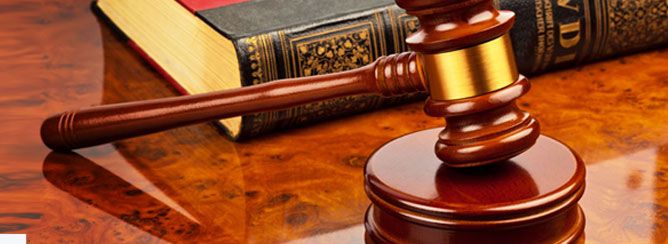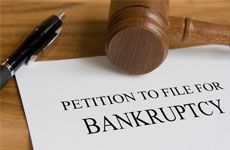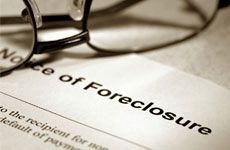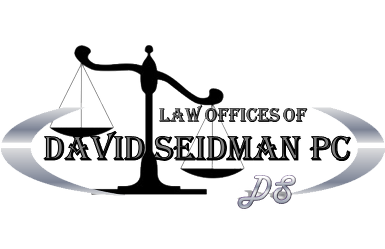
"Put knowledge and experience to work for you”
Atty. David Seidman

Make the most of your financial situations
All it takes is one surprise life event to leave yourself in a bad financial situation. No matter how built up your savings may be, a lost job, medical emergency, or death in the family can turn your life upside down. When you're in a bad situation, the right lawyer can put you back on the right track.
When you're facing a bad situation, nothing can help you like we can. Call today to explore your options!

Let us show you what we can do
The law office is experienced at filing chapter 7 and chapter 13 bankruptcies. The clients have discharged credit cards, medical bills, judgments and other debts while retaining their homes and cars. The law allows clients to keep certain assets even though they are discharging their debts.

Get customized assistance for your situation
- Chapter 7 & 13
- Discharge Debt
- Save your Home
- Stop Harassing Calls
- Stop Foreclosure
- Stop Lawsuits
Chapter 13 Information
In Chapter 13 bankruptcy, you keep your property, but pay back all or a portion of your debts over a three to five-year period. This is unlike Chapter 7 bankruptcy, where most of your debts are cancelled but you may have to surrender some property to the bankruptcy trustee to pay your creditors. Because you end up paying most of your debts over time in Chapter 13 bankruptcy, it is also called reorganization bankruptcy.
Chapter 13 Eligibility
Chapter 13 bankruptcy isn't for everyone. Because Chapter 13 requires you to use your income to repay some or all of your debt, you'll have to prove to the court that you can afford to meet your payment obligations. If your income is irregular or too low, the court might not allow you to file for Chapter 13.
If your total debt burden is too high, you are also ineligible. Your secured debts cannot exceed $1,149,525 and your unsecured debts cannot be more than $383,175. A "secured debt" is one that gives a creditor the right to take a specific item of property (such as your house or car) if you don't pay the debt. An "unsecured debt" (such as a credit card or medical bill) doesn't give the creditor this right.
Chapter 7 Information
In Chapter 7 bankruptcy, the bankruptcy trustee cancels many (or all) of your debts. At the same time the trustee might also sell (liquidate) some of your property to repay your creditors. Chapter 7 bankruptcy, also called "straight" or "liquidation" bankruptcy, is so named because the law is contained in Chapter 7 of the federal Bankruptcy Code.
Bankruptcy Forms
To file for Chapter 7 bankruptcy, you fill out a petition and a number of other forms and file them with the bankruptcy court in your area. Basically, the forms ask you to describe:
- Your property
- Your current income and monthly living expenses
- Your debts
- Property you claim the law allows you to keep through the Chapter 7 bankruptcy process (called "exempt property") -- most states let you keep some equity in your home, clothing, household furnishings, Social Security payments you haven't spent, and other necessities such as a car and the tools of your trade
- Property you owned and money you spent during the previous two years, and
- Property you sold or gave away during the previous two years.
